
OR
Lack of disabled-friendly infrastructures mars education sector
Published On: December 24, 2018 10:17 AM NPT By: SHUVAM DHUNGANA
KATHMANDU, Dec 24: Suresh Bishwakarma, a differently-abled person from Jorpati, dropped out from school in grade five because his school did not have disabled-friendly infrastructures. Suresh, who cannot walk properly, was eleven years old then.
“Although I wanted to study, I had no option but to leave school at an early age,” he said, “The school had no infrastructures especially meant for physically-challenged students like me.” He currently works for a handicraft company.
Physically challenged Dibas Pariyar, 19, who is currently studying in grade 12 at Jaya Multiple Campus came to Kathmandu from Gorkha in order to pursue his higher education in a disabled-friendly environment. However, he is facing the same problem in Kathmandu too.
“There are lots of barriers which I have to face daily at the campus,” he told Republica, “My friends generally help me out but they cannot reach everywhere to help me out.” The toilets on the campus are not disabled-friendly, nor are the public vehicles. Sometimes, he even has to use the expensive taxis in the Valley due to unavailability of other passenger vehicles. The lack of infrastructures which facilitate access for the physically challenged — ramps, railings, and accessible washrooms - is just one of the reasons preventing them from pursuing their studies.
The 2011 census shows that 1.94% of the total population of Nepal has some form of disability. As many as 23,549 people from the Kathmandu Valley have some forms of disability and it is estimated that after the earthquake in 2015, the number of differently-abled persons in Nepal has increased.
After researching at various educational institutions in the Valley, the National Federation of the Disabled (NFDN) had prepared a report which shows that none of the 22 samples taken from the educational institutions in the Valley were found accessible to the physically-challenged.
President of Private and Boarding Schools Organization Nepal (PABSON), Bijay Sambahamphe claimed that the problem has arisen due to the negligent nature of the heads of various schools in building differently-able friendly infrastructures.
“While approving the designs of school buildings, the municipality offices should make sure that such buildings are disabled-friendly,” he added.
According to the spokesperson for the Ministry of Education, Science and Technology, (MoEST) Baikuntha Aryal, the ministry is currently making a master plan which includes the construction of special schools, distribution of free books, special teachers in schools for disabled and disabled-friendly infrastructure in every school.
“We are currently in the final phase of preparing the master plan,” Aryal told Republica, expressing his belief that the plan is likely to be completed in two months.
You May Like This

KMC to organize a month-long skill fair from May 1
KATHMANDU, April 16: Kathmandu Metropolitan City (KMC) will organize a month-long 'Skill Fair' from May 1 at Tundikhel. ... Read More...

AI Index Report-2024: AI still behind humans on complex tasks like competition-level mathematics
KATHMANDU, April 16: In the wake of trepidation, optimism and bewilderment lumped together with the spurt and influence of artificial... Read More...
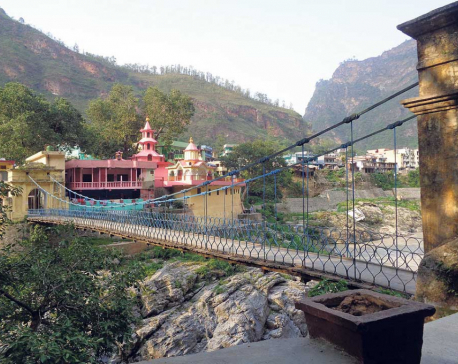
Jhulaghat border crossing in Baitadi to remain closed from this evening
BAITADI, April 16: The Jhulaghat transit point along the Nepal-India border in Baitadi district is to remain closed from this... Read More...



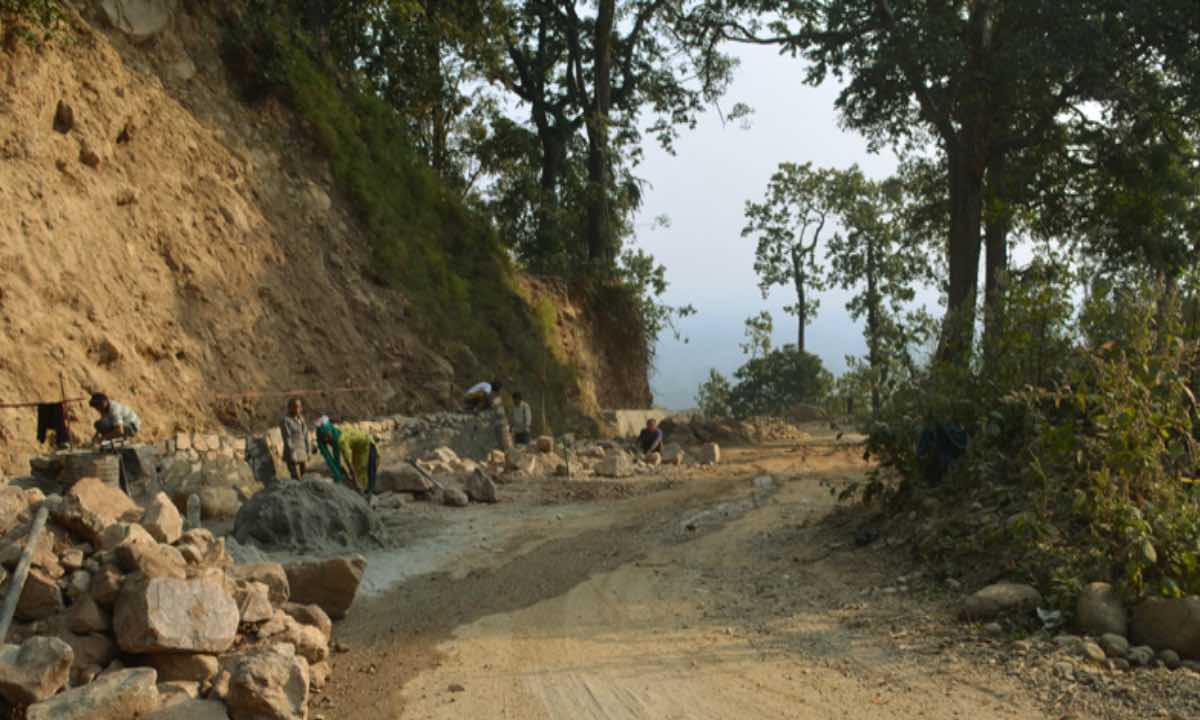
Just In
- KMC to organize a month-long skill fair from May 1
- Birgunj Metropolis collects over Rs 360 million in revenue
- NEPSE plunges below 2,000 points after one and a half months; daily turnover declines to Rs 2.10 billion
- AI Index Report-2024: AI still behind humans on complex tasks like competition-level mathematics
- Daiji-Jogbudha road construction at snail’s pace
- Govt fails to adopt podway technology despite its potential in Nepal
- Jhulaghat border crossing in Baitadi to remain closed from this evening
- Universities will be free from partisan interests: Education Minister






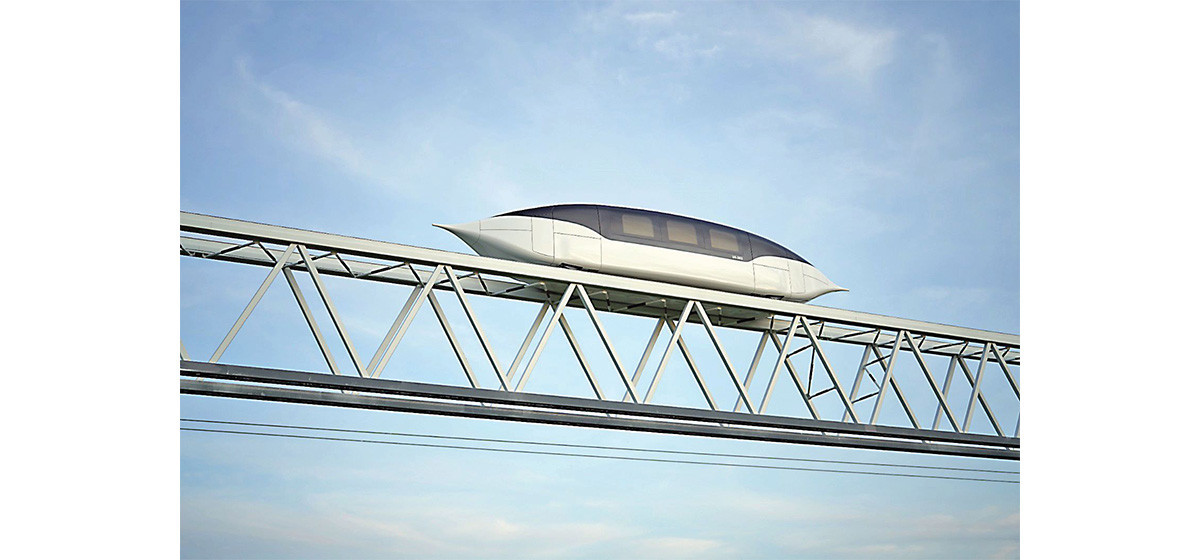



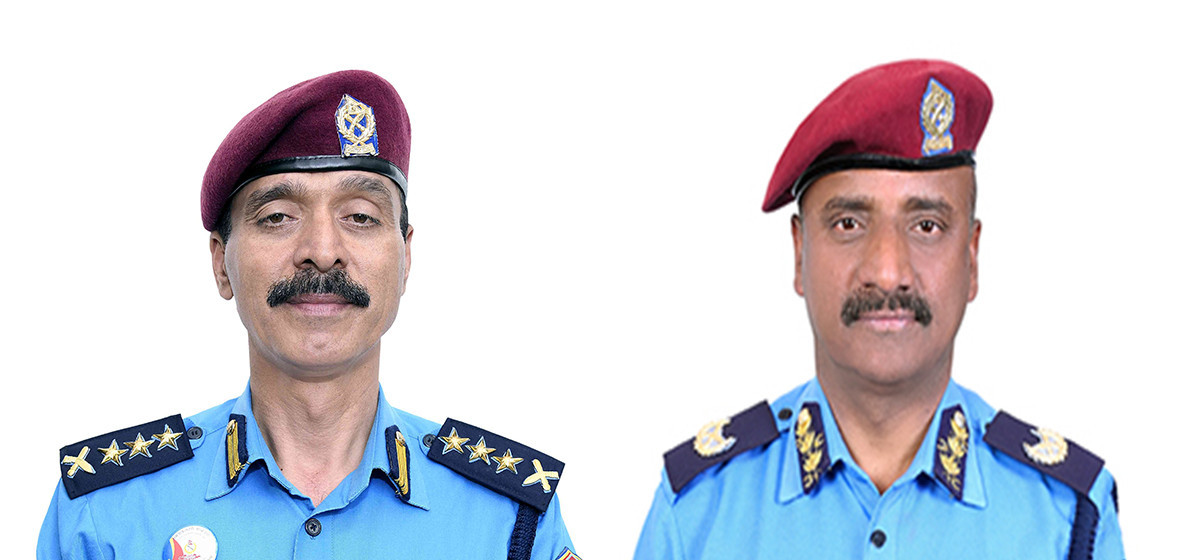
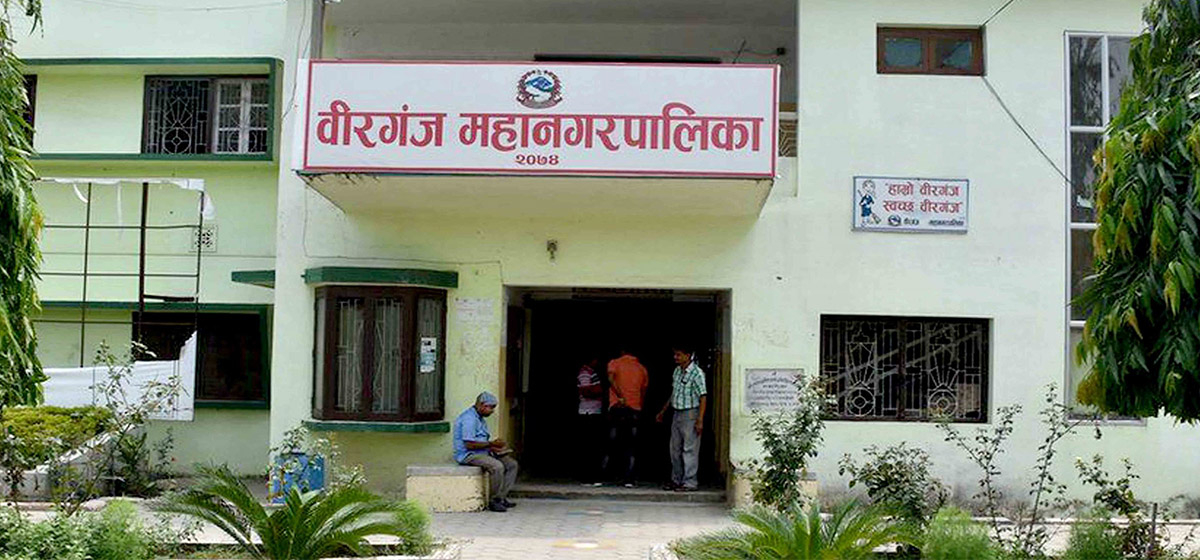

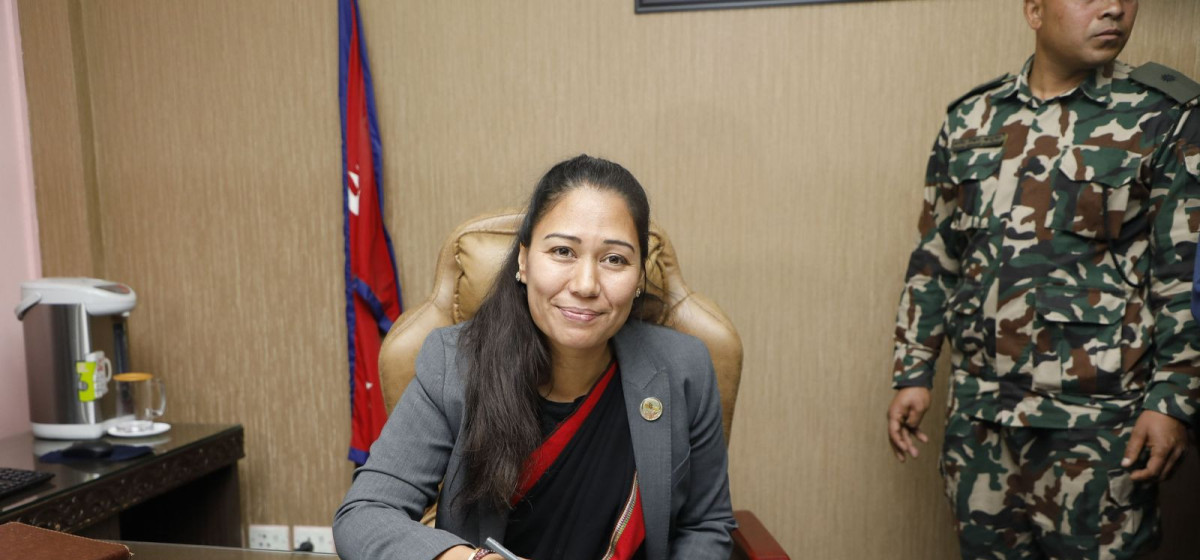
Leave A Comment